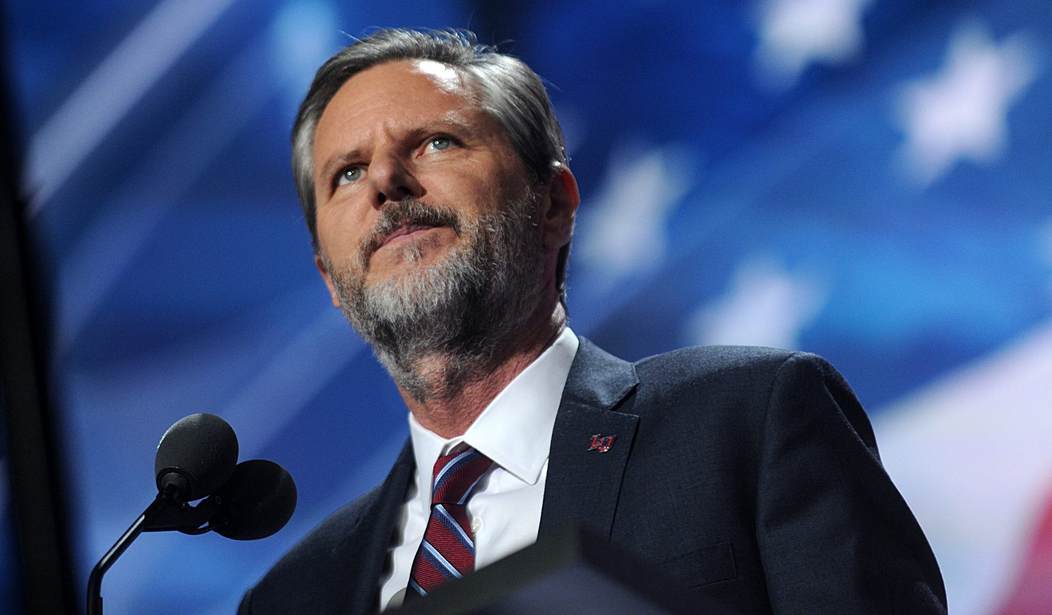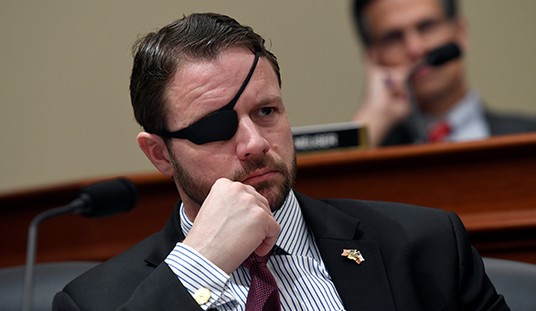This past spring, I wrote an editorial about a poll taken among journalism students at Christian colleges and universities over censorship of student newspapers. My basic conclusion was they chose to go to a Christian college — what did they think was going to happen? It’s like choosing to jump in a pool and then complaining that your clothes got wet. Well, a few days ago, WORLD Magazine published an article detailing censorship of Liberty University’s student newspaper that goes beyond simply expecting students to adhere to the overall vision of the university.
After briefly recounting the joy and camaraderie that Jack Panyard found with his fellow students on staff at the Liberty Champion, where he worked as the editor-in-chief, WORLD delivers this telling paragraph:
Tension between the newspaper and [Liberty president Jerry Falwell Jr.] emerged in 2016: To the dismay of some Champion staffers, he strongly endorsed Donald Trump. Falwell began reviewing prior to publication Champion articles that mentioned Trump. On one occasion, he made Champion editors end opinion pieces with a note on how they were voting. Opinion writer Jordan Jarrett chose not to and found a note under her published article: “The writer refused to reveal which candidate she is supporting for president.”
My take on the above-quoted paragraph is informed by a later paragraph that talks about how a Champion writer posted a negative Trump piece on his personal Facebook page only to be told never to do that again. In another instance:
Jack Panyard was writing lots of bylined articles—but one he wrote did not have his name on it. Early in 2018 he interviewed the director and producer of a film, Commander, planned by Liberty’s Cinematic Arts program. Based on a 2017 book, the film was to tell the story of Mark Taylor, who spoke of his vision that Donald Trump would become president. Panyard’s piece indicated some uncertainty about Taylor’s descriptions of talking with God. When his article came back from vetting, those reservations were gone. Panyard took his name off the piece.
It’s one thing for a private entity to exercise editorial control over what gets published and what doesn’t. It’s another thing altogether to exert control outside of the bounds of the paper, not to mention changing the words of the writers in published pieces. It’s also, I think, problematic for organizations, even Christian universities, to exercise so much control as to completely dictate the editorial voice of a newspaper staff. There is a fine line between appropriate control and operating a propaganda machine.
Responding to WORLD’s article, former Liberty student and past Champion editor Tre Goins-Phillips wrote in FaithWire:
The paper Huff [Champion‘s faculty advisor] has spent years carefully and deliberately establishing is in danger. A free press, even when exercised by novice student writers and editors under faculty advice, is critical to Liberty’s success and to raising up strong, ethical and principled journalists.
As Christians, we shouldn’t shy away from transparency or intrepid reporting — whether good, bad, or indifferent — because it makes us better. If students can’t learn the difference between honest reporting and biased coverage at their school newspapers, where can they learn it?
Goins-Phillips asks an important question, and I think that Liberty University and Jerry Fallwell Jr. may be doing evangelicalism a disservice by exerting such heavy-handed control over the Liberty Champion. We need Christian reporters who understand and strive for honest reporting and who are willing to express controversial and unpopular opinions in editorials.









Join the conversation as a VIP Member